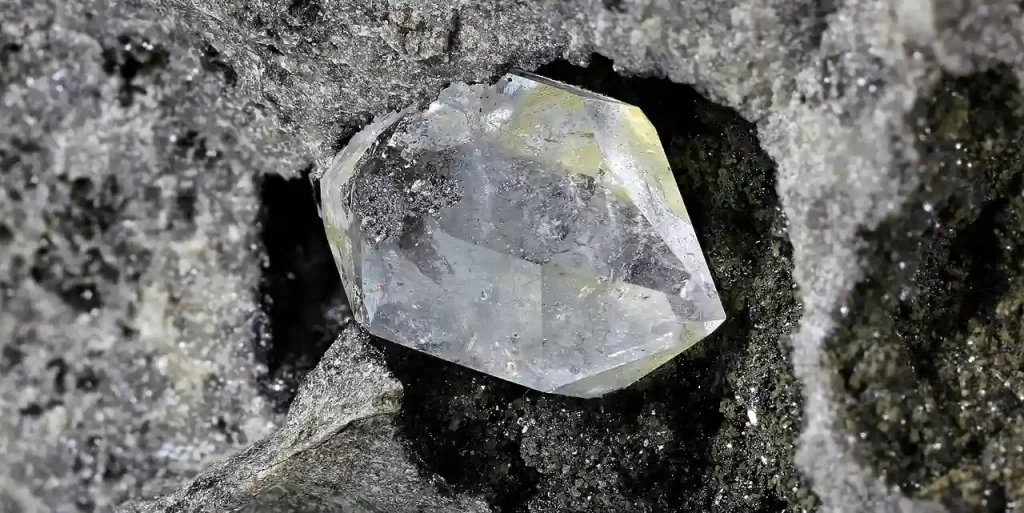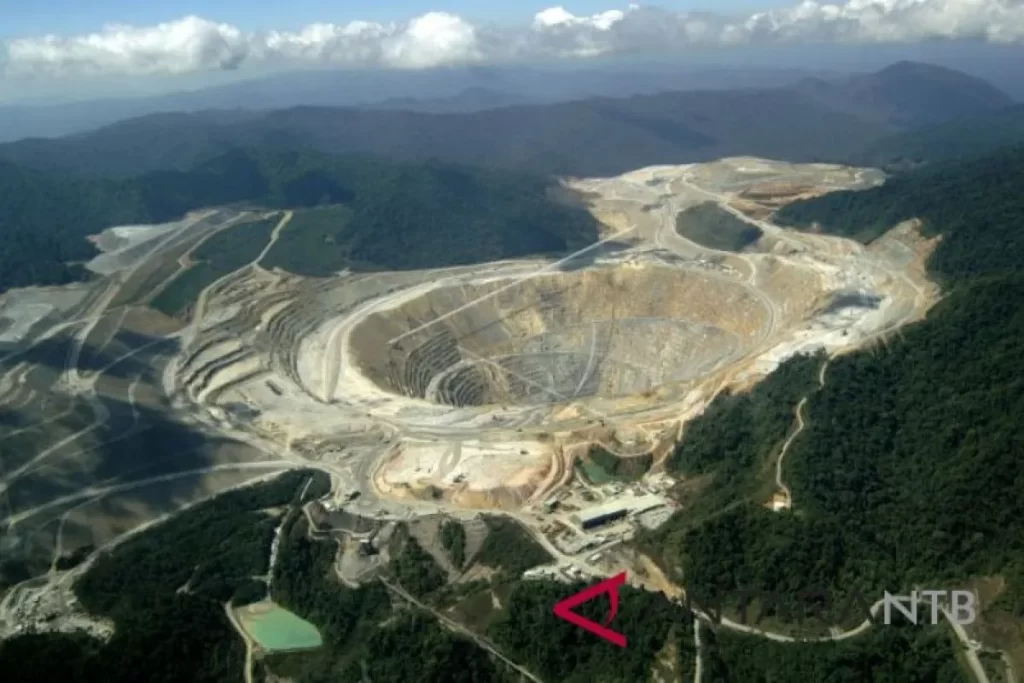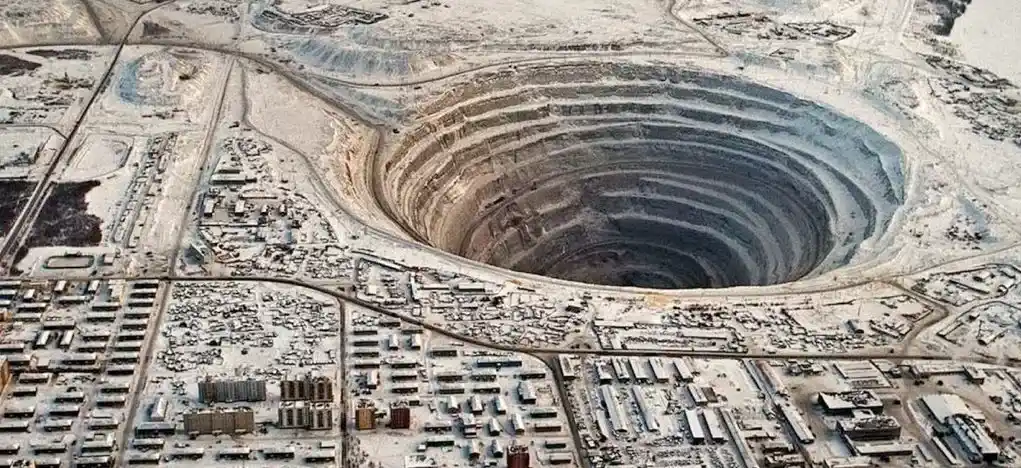Exploring the Role of Miners and Their Impact on the Mining Industry
Understanding Miners: What Does a Miner Do?
In the mining industry, a miner is a professional who works on extracting natural resources like coal, metals, or minerals from the earth. This role is crucial across the entire mining supply chain, handling extraction activities in challenging environments. Miners are key players in producing the raw materials that fuel numerous industries worldwide.

Types of Miners Based on Work Area
1. Underground Miners
Working in underground mines requires advanced skills and caution. These miners face extreme depths and confined spaces, using specialized equipment like drills and explosives to extract materials from beneath the earth’s surface.
2. Surface Miners
Surface mining provides a relatively safer environment compared to underground mining. Surface miners operate heavy machinery, such as excavators, dump trucks, and wheel loaders, to dig and transport minerals that are located near the earth’s surface.
3. Oil and Gas Miners
In this sector, miners work in drilling and exploration of oil and gas resources. Their tasks involve technical procedures such as offshore or onshore drilling to locate and extract these vital energy sources.
Key Skills Required for a Miner
1. Heavy Machinery Operation
Mastering the operation of heavy machinery, such as drills, dump trucks, or excavators, is essential. Specific training is needed to safely and efficiently handle these machines in high-risk environments.
2. Geology and Exploration Knowledge
Miners need to interpret soil, rock, and mineral deposits to ensure efficient extraction. A basic understanding of geology helps them work more accurately and minimize errors during extraction.
3. Health and Safety Skills
Safety is paramount, especially in hazardous mining environments. Each miner must prioritize both personal and team safety by following strict safety standards to maintain a secure working environment.
Modern Technology Advancing the Mining Profession
Advancements in technology have reshaped mining, creating new opportunities for miners to work more safely and efficiently:
Automation and Remote Control
Automation and remote control technologies allow miners to operate equipment from a safe distance, reducing the risk of accidents and enhancing efficiency, particularly in hard-to-reach areas.Drones for Surveying and Mapping
Drones help map and survey mining areas swiftly and accurately, providing miners with a better understanding of the working area before extraction begins.Wearable Safety Devices
Wearables like smart helmets and health monitors enable companies to track miners’ health in real time, thus reducing health risks in hazardous environments.
Mining Work Stages in the Production Cycle
1. Exploration and Surveying
At this stage, miners and exploration teams conduct geological and environmental surveys to identify potential extraction sites, measuring, sampling, and analyzing minerals.
2. Excavation and Extraction
Once extraction points are established, miners use equipment to dig and gather raw materials. Coordination with heavy machinery operators and engineers is essential for smooth and effective processes.
3. Refinement and Processing
Raw materials are often in mixed forms, so the next step is to refine and process them, ensuring that market-ready, pure materials are obtained.
4. Waste Management and Reclamation
Miners are also involved in waste management to reduce environmental impact. Working with environmental specialists, they ensure the mine sites can be rehabilitated after extraction is completed.

Advantages and Challenges in the Mining Profession
Advantages
Working as a miner can be financially rewarding, especially on major mining projects or in regions with high mineral yields. This profession also offers an opportunity to develop advanced technical skills.
Challenges
Mining has some of the most challenging and hazardous work environments, which can affect health. Additionally, miners must often work far from home, especially if the mining sites are in remote areas.
The Role and Impact of Miners on the Mining Industry
Miners are the backbone of the mining production process. Without them, the extraction of minerals used across various industries would be impossible. From construction materials to precious metals, miners’ contributions are critical to providing the resources that modern life relies on.
SSC Works’ Role in Supporting the Mining Industry
SSC Works provides maintenance and repair services for heavy machinery, supporting miners in the field. Through expert service and repairs, SSC Works ensures that the mining equipment used by miners remains in peak condition, promoting operational efficiency and reducing accident risks.

